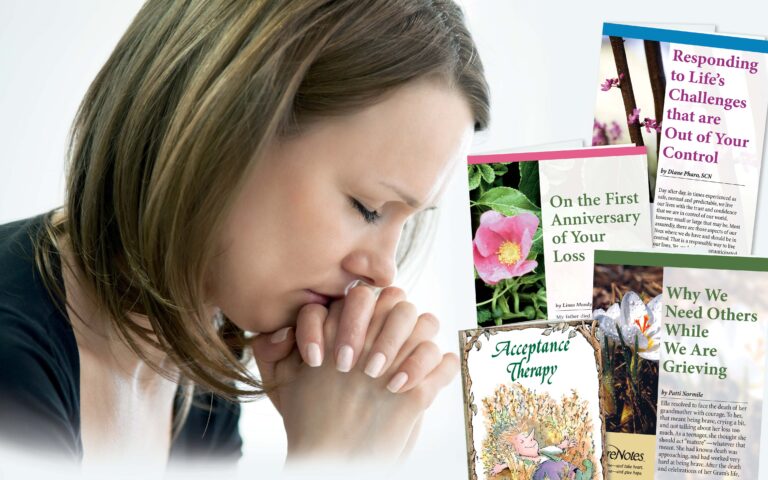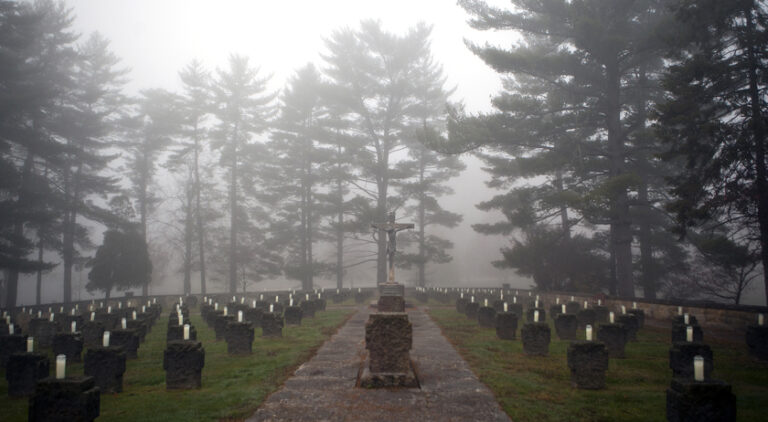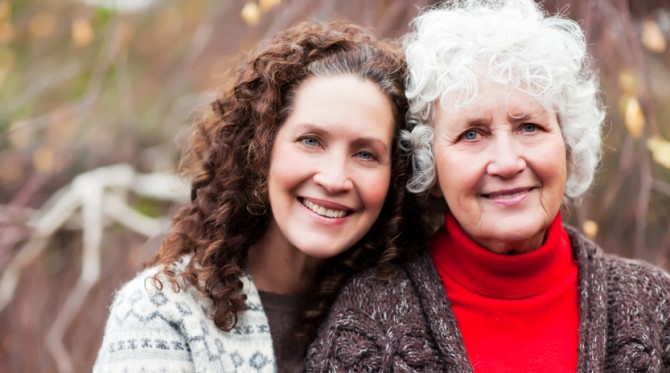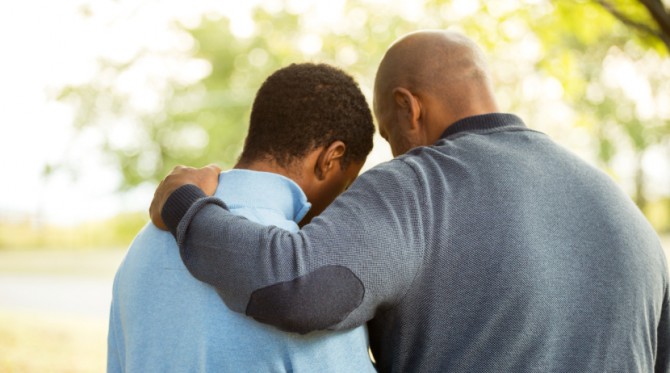My sisters and brothers and I met at the house the day after Mom’s funeral. With both Mom and Dad now gone, we needed to clean the house and sort through personal items before everyone returned home to various parts of the country. Soon we would need to deal with the selling of the house and the settling of the estate as well. Emotions were charged. Half an hour into the work of cleaning and sorting, one of the family members broke down in tears. The complaint was made that this was all going too fast. Mom’s possessions should not be disposed of so quickly. Others agreed, but pointed out that “the work had to be done.”
Tensions started to rise. Finally, someone suggested going to a local restaurant for an early lunch. There, in a different setting, we decided to discontinue the chores for two weeks. Meanwhile, we agreed to stay in touch with each other in the days ahead.
Working your way through. For many people, the first weeks and months following the funeral of a loved one are more difficult than the funeral home visitation or the funeral service. Friends and supporters have gone home. Life gets back to normal rather quickly for everyone else. For the immediate family, however, the grieving has just started. If you find yourself caught between grief and obligations during the first messy weeks and months after your loss, perhaps the following suggestions will help.
Forget “normal” for awhile. I learned from my own experience that the death of a loved one can bring much additional work to the survivors. Affairs often need to be settled quickly and efficiently. At the same time, grief is demanding attention and the 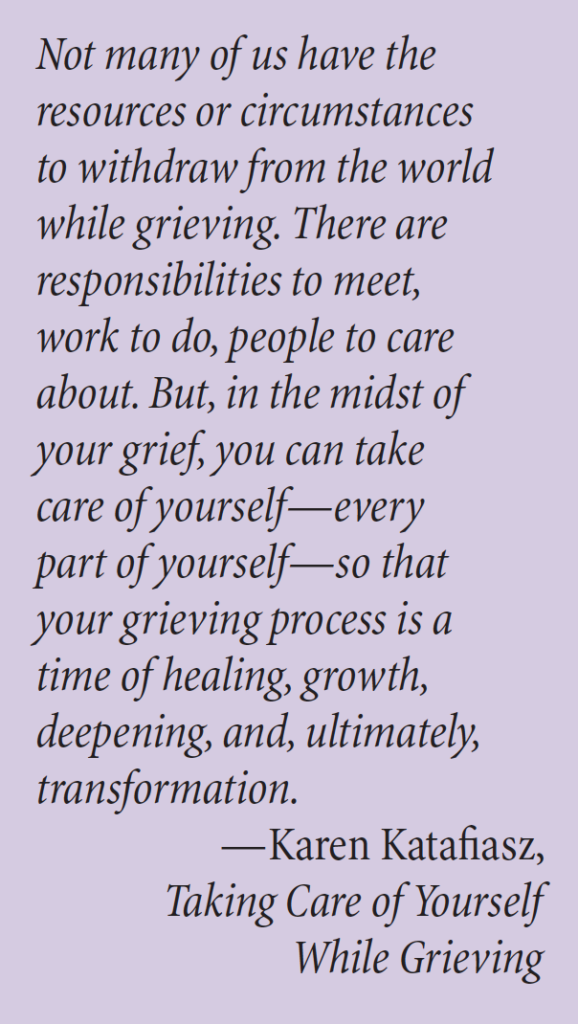 realization of deep and permanent change is just settling in. In addition, family members grieve in different and sometimes surprising ways.
realization of deep and permanent change is just settling in. In addition, family members grieve in different and sometimes surprising ways.
Tensions and misunderstandings often arise. This demands a good deal of toleration on the part of the survivors. Many folks put unreasonable pressure on themselves, caused by the expectation that they should somehow be freed from the pain of what has happened, that life should return to normal rather quickly. When this doesn’t happen, they feel shame, as if something is wrong with them. But nothing is wrong except the expectation that life should be normal again so quickly.
Work through the “messy” details with patience. A family often must divide up belongings and mementos of the deceased. If a will was not drawn up, this can become a struggle of “who gets what.” Try to work out differences fairly, giving one another the benefit of the doubt. Drawing up a list of possessions and sending a copy to immediate family members so they can express their preferences can be the first step in clarifying wishes and working toward compromise.
Since I have a number of brothers and sisters, I had the opportunity to observe how differently each of us responded to memorabilia. Although almost everyone wanted some little item that Mom treasured, we reacted quite differently to what we felt we needed to have. The fact that we did not all care what happened to every item did not mean that we were cold or uncaring. Each of us had a unique set of memories, a unique emotional investment in various items. Be sensitive to each other’s feelings and respect the uniqueness of one another’s experiences.
Know what to hang on to, and what to let go of. Sometimes, in an attempt to hang on to the person who has died, family members have an overwhelming desire to hang on to everything that belonged to that person. It can be easier to let go when memories and stories are shared. Little anecdotes often get passed around at the funeral home. Of even greater value, however, are the stories and remembrances that come in the weeks and months that follow.
Every so often, I call someone to tell them a story of Mom that I have just thought of, or to imagine what Mom’s response would be to the early spring, the late snowfall, or a grandchild’s accomplishment. Don’t be afraid to hold on to your memories—they can be a source of healing and comfort at this time.
Acknowledge the many levels of loss. If you had experienced only one loss, the death of someone very special to you, that would have been enough for full-time grief work. But losses come in layers. The person you love is gone, but in addition there can be the loss of a home, the loss of a way of relating to others in the family, and the loss of a certain way of thinking about yourself. It is sometimes hard to know which layer of loss you are dealing with at any given time.
Excerpt taken from Getting Through the First Weeks After the Funeral CareNote written by Herbert Weber.
Learn more at www.carenotes.com.
.

